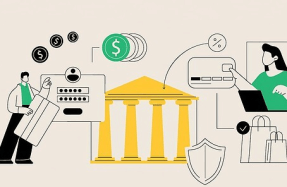COVID-19, STRESS, SELF-ESTEEM, VALUES, AND PSYCHOLOGICAL WELL-BEING: How to Assess Risks of Becoming Depressed, Anxious, or Suicidal?

A few years back, we published several books dealing with Stress, Self -Esteem, Health and Work, which was intended to understand the phenomenon is work settings (Dolan 2007; Dolan & Arsenault 1980 and 2010; Dolan, García & Diez-Piñol, 2015). The books have been written in different languages for people who did not understand the scope and the reasons for them to suffer from stress, depression, burnout and other psychological ailments. Mind you, similar to the current situation with the COVID-19 pandemic who is infecting millions of people throughout the globe, there were no (or very few) reliable and valid measures to detect chronic stress and trace its impact of the psychological and physical health of the workers. Back in the 1980s, 1990s, and 2000s, the focus of scholarly work was really to develop models and reliable measures that will enable the true understanding and predictions of what was described as the “hidden Pandemic”; it has no color neither odor, but caused suffering, ill health and even deaths. The is repeatedly releasing reports showing that every 40 seconds there is someone in the world that commits suicide due to depression and anxiety resulting from stress (WHO report, Sept. 9, 2019). Obviously, the signs and symptoms of acute stress are by far easier to detect and perhaps intervene, but the signs and symptoms of chronic stress are more complicated and resemble the COVID-19 individuals who are positive but show no symptoms. Once the symptoms are manifested, the disease is at an advanced state and intervention becomes more complicated. The same is true to chronic stress; by the time clear symptoms show, (can happen years later not just 14-15 days as is the case of the COVID-19), in the case of stress interventions might be too late or perhaps too difficult to remedy. Thus, this led to the developments of thousands of researchers publishing articles targeting, modeling and measuring chronic stress in view of intervening and preventing depression, anxiety or even suicides, not to mention real physical diseases. It also led to the emergence of new “buzzwords” and syndromes in this field of stress, like burnout, personality prone to stress (Type A people), and alike. Similarly, a host of concepts borrowed from positive psychology were introduced to deal
You’re reading a preview, subscribe to read more.
Start your free 30 days





